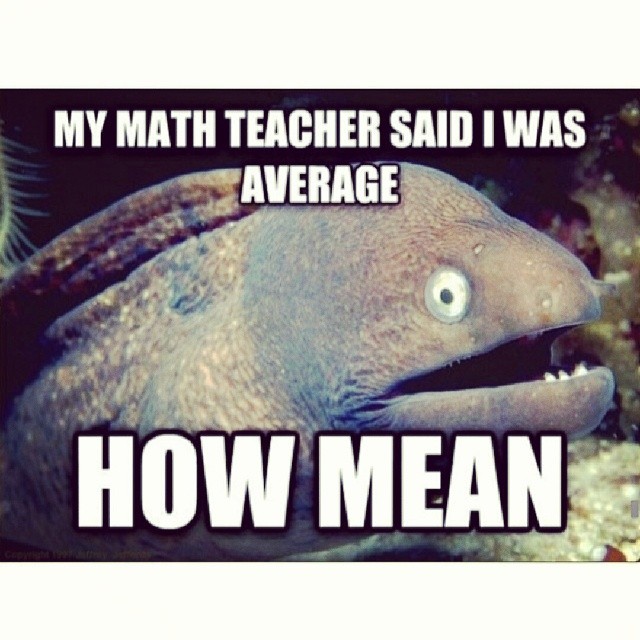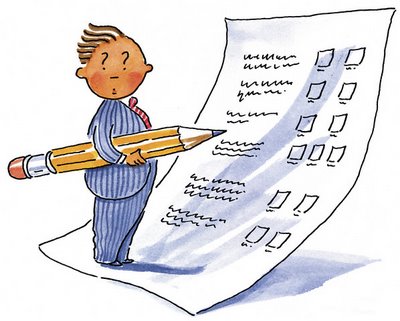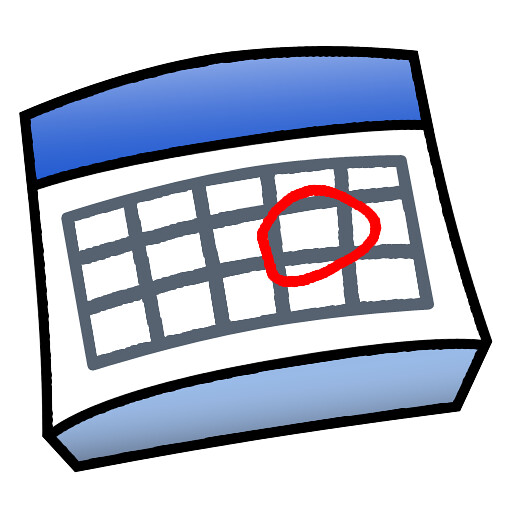Meeting Updates
DAC Meeting
The District Assessment Coordinators had the opportunity to meet at the MRVED on Monday before the ice storm moved through. They spent a couple hours during the morning networking and asking questions of each other. The District Assessment Coordinator in your district works very hard to ensure that all testing is completed and reported correctly. In this holiday season, let them know how much you appreciate all they do!
FACS Best Practice Meeting
The FACS best practice meeting that was scheduled for Tuesday was cancelled due to the icy roads and numerous late starts. They were scheduled to go to Willmar and tour Cashwise Foods and Bakery as well as Mr. B's Chocolates. The meeting will be rescheduled for the Spring.
TAC Meeting
The Teachers Advisory Council met at the home of Karen and Steve Jacobson on Thursday. Most of the day was spent learning about how to have a collaborative conversation as an instructional coach. The group had the opportunity to practice the collaborative conversations. They also spent some time viewing an actual lesson, scoring the teacher, and conversing as if they were helping that teacher get better. The TAC also had the opportunity to look at the MELT sessions and provide feedback. Overall, another great day of learning at the Jacobson farm!
Upcoming Meetings
January 9, 2015 Title III Paraprofessionals
January 16, 2015 Community Ed
January 19, 2015 MELT
January 28, 2015 Superintendents' Council
































